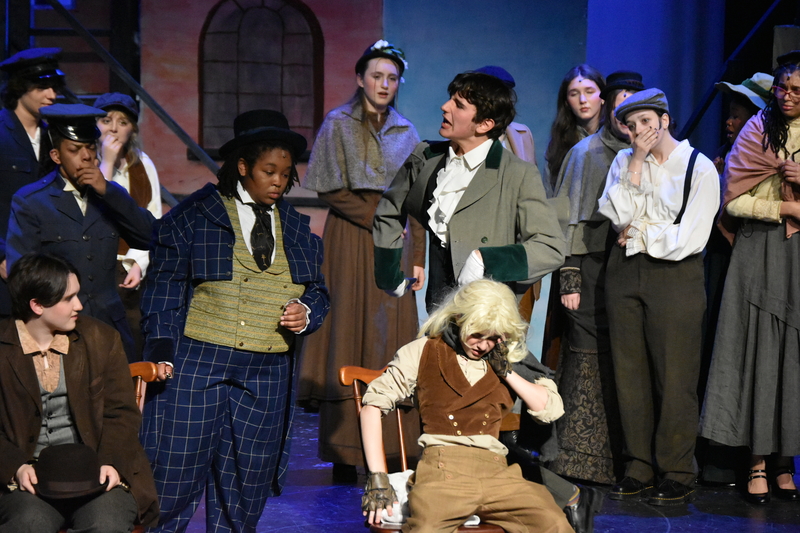Current trading card games, like Magic: The Gathering, have put a spin on the centuries-old card games of our great-great-grandparents’ generations. Similar to traditional card games, Magic requires creativity and quick-thinking to devise winning strategies. This game diverges from conventional games by creating a different world as its setting and places the player as the game designer.
Although the game itself is fairly complex, there are only a few rules. In the game of Magic, two or more players engage in a battle as powerful wizards called “planeswalkers.”
Each player begins the game with 20 “life points.” The goal is to reduce your opponent’s life to zero, while making sure they do not do the same to you. Players lose life when they are dealt damage by being attacked with summoned creatures or targeted with spells. Players shuffle their cards then take turns back and forth drawing cards from their deck, playing spells, and attacking.
Since the game was first introduced in 1993, Magic has expanded with more than 6 million players in seven countries. There are 14 original card sets and 57 expansion sets for a total of 12,246 unique cards and 600 to 1,000 new cards are added each year. Because of Magic’s growing popularity, sets have been reprinted in 10 different languages.
Unlike many new entertainment sources, this game does not require electricity. It breaks away from the electronic world into which today’s teenagers are so often plugged. Magic demands strategic planning and imagination that is often not an element of popular technology-oriented activities.
“Constructing a good deck to play with can be very hard,” senior Danny Baggerman said. “There are so many cards that interact in an abundance of ways, and finding the best way is always fun.”
Baggerman remembers buying his first set of Magic cards in sixth grade, and as a senior, he continues to play Magic casually with friends or semi-competitively in Friday Night Magic at Northlake Mall, a weekly event where Magic players can compete for prizes.
Another aspect that appeals to Baggerman is in the name itself, magic. He likes following the stories of deadly creatures, wizards, zombies, elves, enchantments, artifacts, and spells that connect all the cards and add to the fantasy flavor of the game.
Queue Kufalk, who has been playing for almost two years, says although many people might deem this game antisocial, it’s not.
“It offers you the chance to meet new people and strike up new friendships,” Kufalk said. “It is the same as any other large scale multi-player game, except it’s with cards, not a controller or keyboard.”
Players can expand their card deck by purchasing cards in game shops or trading them with other players. Senior Will Bradley says he spends small amounts of money on the game over time in order to attend tournaments and buy new cards.
“You might compare it to the person who buys Starbucks once a week. After a while it will be a lot, but it has never left anyone broke.”






